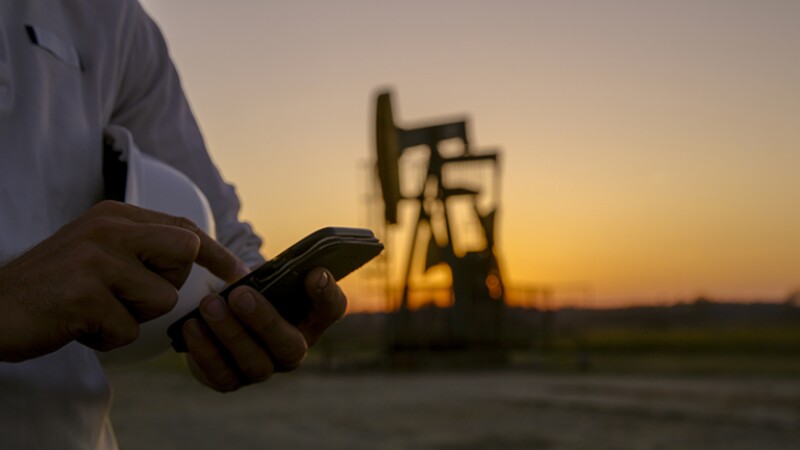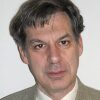It is my habit that during the last meetings of the year (whether it is the staff meeting in my company or the committee meetings that I chair) the focus is not on the work at hand, but on the road ahead. During the meeting we try to identify issues to address in the new year, and in doing so be hopefully more prepared for what may come our way.
As I selected the papers for this round, I had the same idea in mind: Which topics do I think are important for facilities engineers to familiarize themselves with so they are more prepared for what 2022 may bring? In the end, I selected four topics that are illustrated by the synopses.
The first deals with personal development: What can we do ourselves to further our career? As I have mentioned before in my introductions, my personal answer to that question (at least in part) is to keep reading technical papers found in OnePetro. One of the papers I read recently had an interesting opening sentence: “Mentors, sponsors, and networks increase your chances of having a successful career”. In this paper, presented at the 2021 SPE Annual Technical Conference and Exhibition in Dubai, the authors share their three-component system for optimizing chances of career success (SPE 206063).
Personal development also requires that we keep abreast with not only emerging technologies but those becoming more common in the workplace. An example is machine learning. An ATCE paper (SPE 206173) covered its application in the monitoring of key performance indicators for offshore water treatment, showing how machine learning can be applied in a very practical manner.
For those of you that want to go even deeper into technology-related topics, the third selected ATCE paper does just that. It discusses fog computing, cloud computing, and edge computing. And I urge you not to be scared off by these terms. Read the synopsis and the paper (SPE 206067) so you become (more) familiar with these processes, which are likely to become a common part of our work environment in the not-so-distant future.
But if that goes too far, I also selected another ATCE paper that deals with new oil- and gasfield technology to provide water separation in downhole horizontal wells (SPE 205960). This paper presents both details of the technical solutions and an economic analysis of this technology.
As always, I hope that you will read the synopses (and the papers themselves) and ponder how these topics affect you. You may conclude that some of them are not relevant for your situation, but in that case, I hope you will take the time to explore which topics are. That way, you will be better prepared for what 2022 may bring.
Let me close this introduction by wishing you and your loved ones a happy, but above all, healthy new year.
Technical Paper Synopses
Downhole Oil/Water Separation System Effective in Horizontal Wells
Mentoring, Sponsoring, and Networking Create Career Success
IoT With Cloud and Fog Computing Can Help Industry Recovery, Advancement
Fouling-Prediction Model Uses Machine Learning
Complete Technical Papers Available on OnePetro
SPE 206063 Capitalizing on Mentoring, Sponsoring, and Networking for Your Career Success by Maria Angela Capello, SPE, Red Tree Consulting; C. Susan Howes, SPE, Subsurface Consultants and Associates; and Eve Sprunt, SPE, Eve Sprunt and Associates.
SPE 206173 Offshore Water-Treatment KPIs Using Machine-Learning Techniques by Lauren Flores, Martin Morles, and Cheng Chen, Chevron.
SPE 206067 The Role of Hybrid IoT With Cloud Computing and Fog Computing in Helping the Oil and Gas Industry Recover From COVID-19 and Face Future Challenges by Ethar H.K. Alkamil, SPE, University of Basrah; Ammar A. Mutlag, Universiti Teknikal Malaysia Melaka; and Haider W. Alsaffar, SPE, Halliburton, et al.
SPE 205960 Use of Downhole Oil/Water Separation System in Horizontal Wells by Ahmed Alshmakhy, SPE, and Ali Abdelkerim, ADNOC; and Nils Braaten, Fluidsep.


